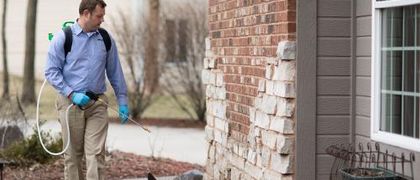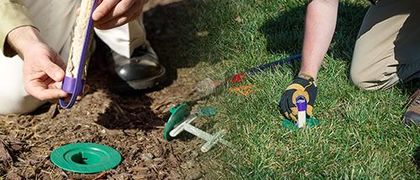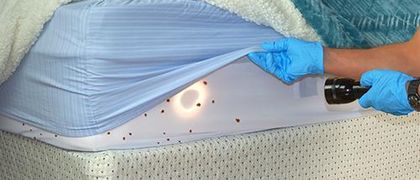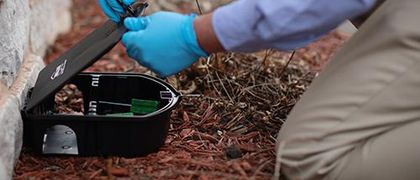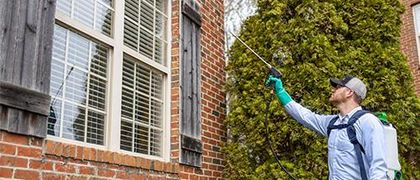When Is Mosquito Season in Iowa?
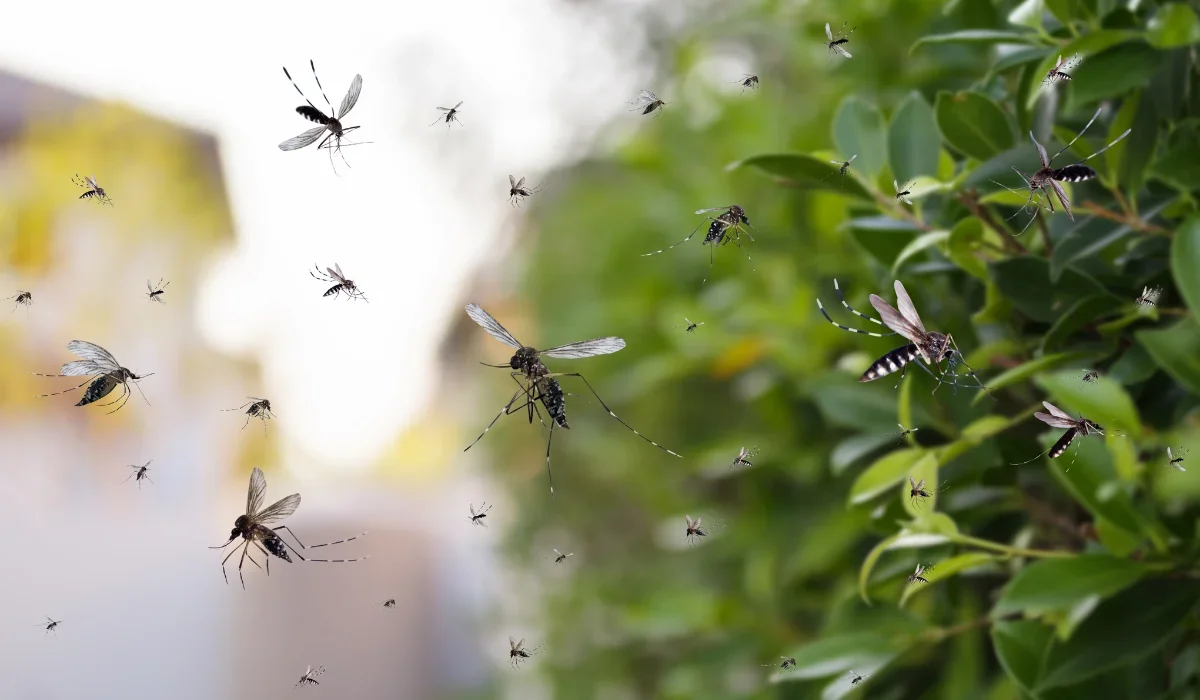
As soon as the weather warms up in Iowa, mosquitoes become a real problem. If you live in Des Moines, Cedar Rapids, or anywhere in the state, you’ve probably dealt with them ruining a backyard barbecue or evening walk. So, when does mosquito season start in Iowa? And how can you protect your family and pets from these biting pests?
Let’s break down mosquito activity month by month, so you know what to expect—and when.
Key Takeaways
- Early spring in Iowa brings low mosquito activity but melting snow creates standing water where mosquitoes can breed.
- Warm weather in May starts mosquito season and using repellent while removing water helps prevent mosquito bites.
- Summer months bring peak mosquito numbers and increase the risk of Zika and West Nile virus in places with more rain.
- Mosquitoes stay active until frost, and professional pest control helps reduce breeding and protect your yard.
Early Spring (March to April): Getting Ready for Mosquito Season
In March and April, mosquito activity is very low. Cold weather keeps their populations down, and the adults are not active yet. However, as snow melts, you might notice standing water collecting in bird baths, wading pools, clogged gutters, and puddles. These are prime mosquito breeding grounds.
To get ahead of the problem, take time in early spring to remove stagnant water around your home. Fixing water sources now—before mosquito season starts—can help reduce them later.
Late Spring (May): Mosquitoes Start to Show Up
By May, the weather warms up and they begin to appear. This is when Iowa's mosquito season really begins. You’ll start seeing nuisance mosquitoes like Aedes vexans, which are known for their itchy bites and rapid breeding.
The female adults lay eggs in standing water, so checking your yard for puddles or neglected swimming pools can help stop the spread.
Wearing EPA-approved insect repellent with DEET is a good way to avoid bites, especially in the early morning and evening when they are most active.
Summer (June to August): Peak Mosquito Season in Iowa
Summer is when mosquito populations explode across Iowa. After a good rain, you’ll notice more of their activity, especially around standing water. This is peak mosquito season, and mosquito control has become more important than ever.
According to Ryan Smith, associate professor at Iowa State University and head of the Iowa Mosquito Surveillance Program, public health officials keep a close watch on mosquito species like Culex during this time—especially in years with more rainfall and flooding.
They thrive in common breeding spots like puddles, bird baths, and clogged gutters. That means if you live in Des Moines, Cedar Rapids, or anywhere in Iowa, removing water sources is key during the summer.
Some counties send notifications to alert residents when mosquitoes carrying viruses are found. The CDC also tracks mosquito-borne diseases and works with local health departments to protect public health.
Early Fall (September to October): Mosquitoes Stick Around
As temperatures drop in the fall, mosquito activity starts to go down—but they don’t disappear right away. The season usually lasts until the first hard frost.
If fall is warmer than usual, breeding can continue into October, especially around water sources that haven’t dried up.
Keep using mosquito repellent and take care of standing water during this time. It only takes a little water for them to lay eggs and start a new generation.
Even late in the season, you can still get mosquito bites that spread diseases like Zika and West Nile virus.
Winter (November to February): Mosquitoes Go Quiet
When winter hits, mosquito season in Iowa ends. Populations drop as adult mosquitoes die off and eggs stay dormant until spring. Cold temperatures stop their activity, giving you a break from the bites.
Still, winter is a good time to prepare for the next season. Cleaning up gutters and removing any items that can hold water will help prevent mosquito breeding when the weather warms up again.
Protect Your Home with Mosquito Control
Mosquitoes aren’t just annoying—they can be dangerous. At Miller Pest & Termite, we offer a mosquito control program that helps reduce mosquito populations on your property. We treat standing water and other mosquito breeding spots to lower your risk of mosquito bites and diseases.
If you’re tired of swatting mosquitoes in your yard, we can help. Our pest control team serves Des Moines, Cedar Rapids, Omaha, and Kansas City.
Contact us today to learn more about our pest control services and how to stay protected during mosquito season.
Get Help Now!

